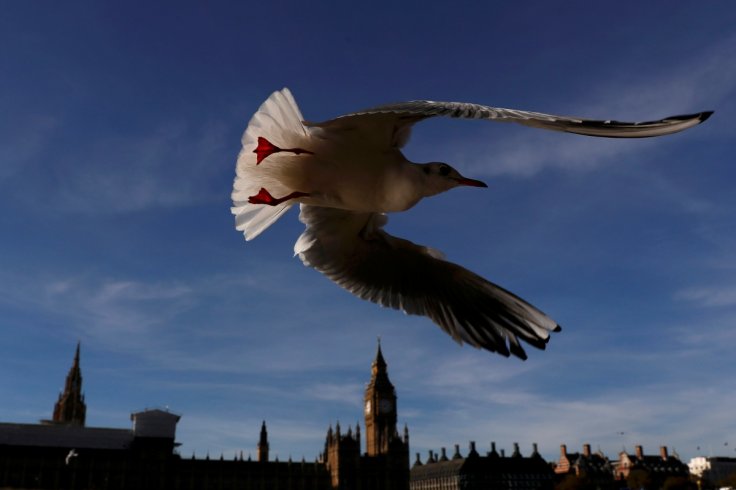As human habits change, animal habits have also changed. Seagulls are known to steal human food and leftovers. However, since there is not much human interaction during coronavirus lockdown, be it at a café or a restaurant, seagulls have become aggressive and started killing rats and pigeons for food.
Italy's lockdown due to COVID-19 similarly has made bigger gulls take a rat and pigeon killing spree. These gulls were "going back to being predators," said Bruno Cignini, a zoologist from Rome University Tor Vergata, reported Telegraph. Seagulls are also swallowing black birds along with going after fishes. "Luckily, they are also eating rats. Animals are changing their habits as we change ours," he told Corriere della Sera newspaper.
Studies have shown that gulls are adapted to human behaviours. One study says human gaze can prevent gulls from stealing. In the experiment, looking at the gulls made the birds take a longer time to steal chips than looking away. This explains that human absence and loss of snacks and leftovers made these birds reveal their wild side. Previously they only ate rats killed by the city's traffic. Gulls in Rome being sharp-beaked have enabled it to switch to killing and then tasting pigeons, rats and other creatures.
More on Seagulls

In 2014, then-newly appointed Pope Francis during a prayer had released two white doves from Saint Peter's Square balcony. One of the dove was immediately attacked by a seagull. But eventually escaped. The species in Italian is called Royal Gull, in English, the Yellow-Legged Gull.
Rome also has diverse wildlife as wild boars can be seen beside busy roads, river Tiber full of coypu, which is a rodent once known for its fur along with squawks of huge number of Ring-necked and Monk Parakeets. The canals of Venice witnessed the return of fishes, swans and cormorants as they have become clear and due to the lack of boats and cruise ships on canals.









